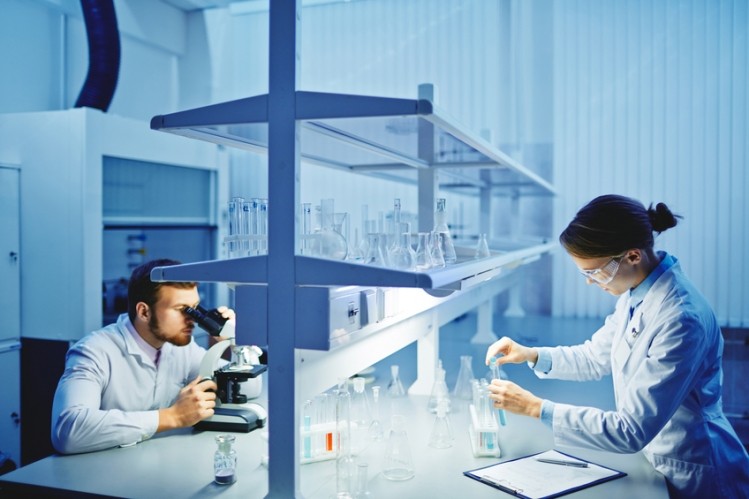In a ‘fake news, fake facts’ era, can science restore trust in food?
At a time when people put products back on a shelf because the additives sound too chemical or an ingredient is genetically modified, can food science play a role in making them more comfortable?
“We’re living in a very anti-science moment in general and we need to have a much crisper and clearer dialogue,” said MacCleery, eliciting laughs from the audience over the allusion to CRISPR technology. “[CRISPR] is an emerging issue and nobody wants to re-live the fight that we just re-lived and put us in the rear-view on GE, GMO and their safety. Yet we don’t have the avenue to engender the kind of trust consumers need to get them to a place of acceptance. The same is true for clean meat and nanotech.”
Berenstein said scientific communicators and journalists have a responsibility in accurately relaying information and allowing the public to understand science.
“Another part of it has to be the scientific community itself in not just seeing non-scientists as people to speak to but as essential stakeholders and participants in the creation of this knowledge,” she added.
According to Kahn, however, it’s not always simply a case of educating people on technology as consumers act differently depending on the end application, he said.
“Every single diabetic in the world injects into their body a genetically-produced, GM insulin dose two or three times a day. I’ve never seen any blogs or criticisms against this yet they inject it into their body. The same individual might not consume GM food because it’s genetically modified.”
“In some aspects of our lives it’s acceptable, in others it’s not. We have to understand these nuances and not generalise,” he said.
O’Brien called for a return of food science education in schools to familiarise younger generations with food tech.
“We need to address this at school level. It’s also a lot cheaper than fixing the one trillion non-communicable diseases that we have currently.”

































